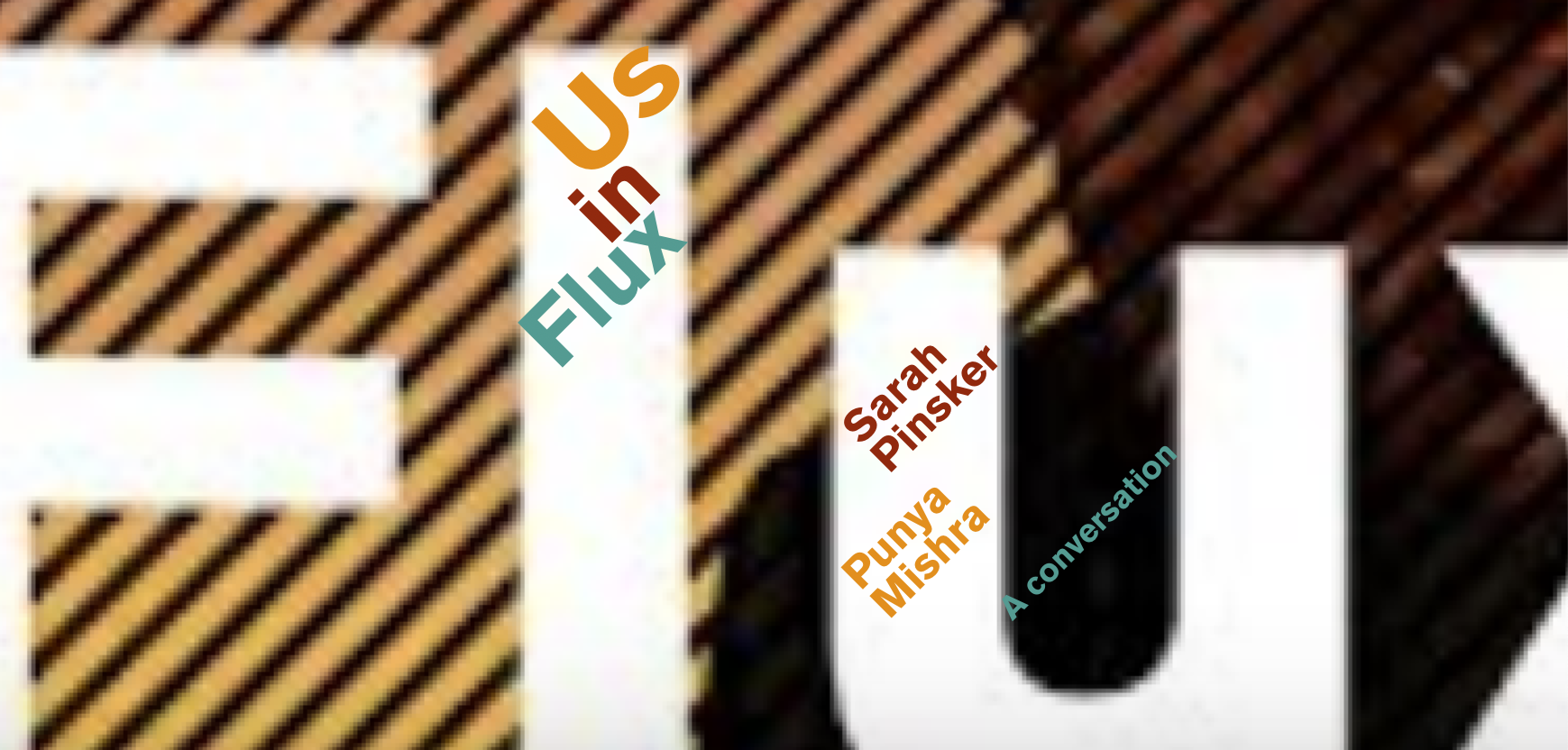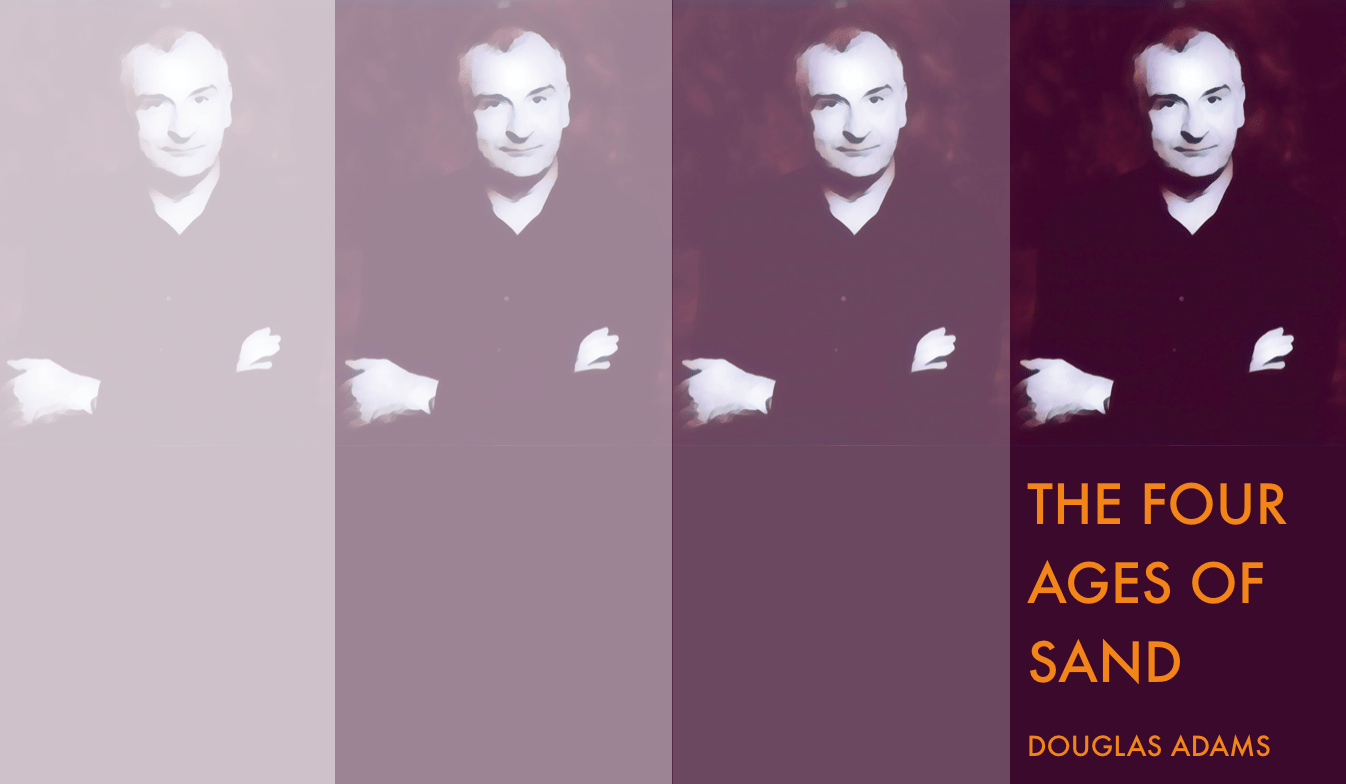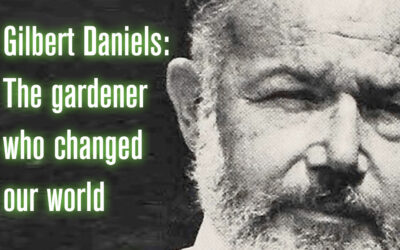The Center for Science and the Imagination at ASU has a new series called Us in Flux. Every two weeks they publish a (super-short) short story that explores “themes of community, collaboration, and collective imagination in response to transformative events.” They follow each story with a virtual conversation with the author and a guest.
The most recent story, written by award winning author, Sarah Pinsker, was titled Notice, and I was lucky to be the guest invited to the conversation. We had a wonderful chat, moderated by Bob Beard, with questions from the audience as well, that covered a lot of ground. Of specific interest to me, was learning how the story developed from an original idea to its final form, and the discussions on learning, noticing, community and values. The presence of some of these ideas is not surprising, given our current interest in learning futures and principled innovation.
You can read the story here, and watch the video below. Enjoy.





0 Comments